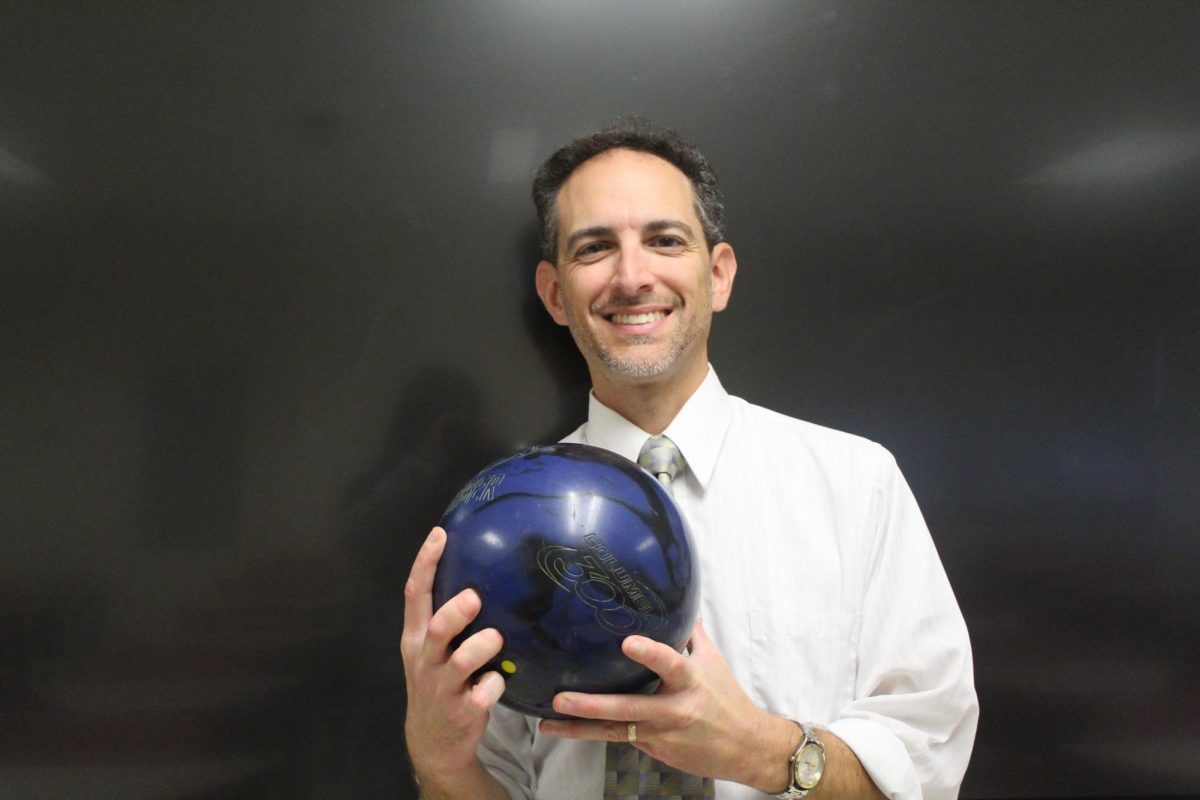154 million. That’s the number of lives that vaccines have saved since 1974, according to a 2024 study by the medical journal The Lancet. But the science isn’t stopping Secretary of Health and Human Services Robert F. Kennedy Jr. from trying to restrict vaccines, and his takeover of the Centers for Disease Control and Prevention (CDC) gives him the power to do so.
On Aug. 27, Kennedy, who has no medical education, fired CDC director Dr. Susan Monarez, who holds a doctorate in microbiology and immunology. According to CNN, Monarez clashed with Kennedy over vaccine policy, particularly Kennedy’s false claims of a link between vaccines and autism. To replace Monarez, President Donald Trump appointed Kennedy’s deputy Jim O’Neill, a former investor who refused to criticize Kennedy’s stance on vaccines during his confirmation hearing. O’Neill is the first CDC director with no medical experience. Many fear that Kennedy plans to control the CDC through his deputy, but if he cares about Americans’ lives, he must let people who have actually studied medicine make decisions at the CDC.
The CDC is the United States’ leading public health agency, and its official recommendations have a significant influence on the decisions Americans make regarding their health. With O’Neill as the new director, the basis for those recommendations will likely be what Kennedy thinks is best, not proven scientific research. False claims that vaccines are dangerous have already harmed Americans’ health: According to Dr. Debra Houry, a former top CDC official who resigned after Monarez’s firing, misinformation about vaccines has caused measles cases to spike to 1,491 this year, as of Sept. 16. In contrast, there were only 285 measles cases in all of 2024. If Kennedy’s dangerous beliefs become official recommendations from a supposedly independent agency, then there will likely be even more cases of preventable diseases.
Kennedy’s takeover could have major consequences beyond vaccine restrictions. The CDC has long been a source of reliable health information and advice for Americans. Making a person with no medical background the director of the agency weakens the credibility of all CDC recommendations, especially because that person will report directly to a politician seeking to implement his own ideas. According to Dr. Catherine Lynne Troisi, a professor and researcher at UTHealth Houston School of Public Health, “When politics overcomes science, public health cannot fulfill its mission, and everyone will all suffer.”
Some may claim that new CDC leadership could be a positive development, as it may promote more diversity of thought and less complacency among established officials. However, an expert with a fresh perspective is quite different from a former investor with absolutely no medical or health care training. Additionally, while officials shouldn’t be complacent, they should feel secure enough in their jobs to focus on making scientific advancements rather than trying to please Kennedy.
During a Senate hearing on Sept. 4, Kennedy faced heated questioning over his time as HHS secretary, but he refused to change his stances on vaccines and the CDC, showing that he has no plans to stray from his current course. Those in power must continue to push back against Kennedy. If they don’t, then the situation at the CDC will continue to worsen, and Americans will face dire consequences.
Eshan Singh can be reached at [email protected].






















































































